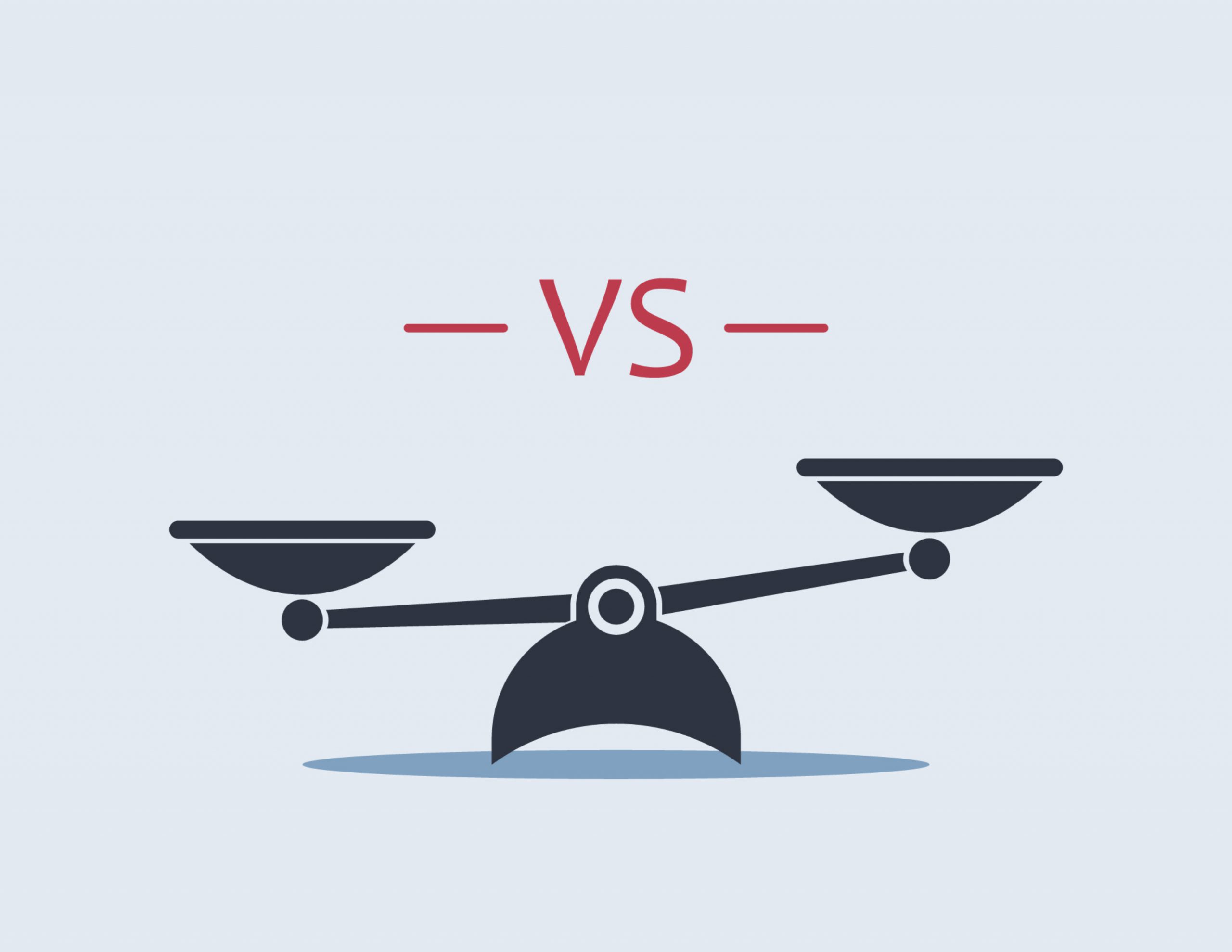AT&T vs. Verizon: A Comparative Analysis for Investors

Navigating the stock market can be as complex as deciphering new technological jargon. Like any tech specs, understanding the ABCs and the whys can mean the difference between being ahead or behind the curve. For investors eyeing the seemingly ever-expanding world of telecommunications, the debate often comes down to two behemoths: AT&T and Verizon.
Investing in telecom stocks isn’t just about picking a familiar name; it’s about understanding the underlying financials, growth opportunities, market share, and innovation potential. This in-depth analysis will guide you through the essential aspects to consider when choosing between AT&T and Verizon.
To speculate on share prices, you can open a CFD trading account with ADS-securities.
Company Profiles: AT&T and Verizon
AT&T
Starting as Ma Bell’s telephone monopoly, AT&T has diversified its services into telecommunications, media, and technology. From the early days of pioneering long-distance calling to leading 5G deployment in the present, AT&T has continually reinvented itself. Its acquisition of Time Warner in 2018 marked a significant move into content ownership, highlighting a new phase in its expansive strategy.
Verizon
Verizon, known for its reliability through slogans like “Can you hear me now?” has a history rooted in the American telephone service framework. After the Bell System breakup, Verizon Communications emerged as one of the Baby Bells, becoming a leading provider of wireless and broadband services. The company has managed to maintain an image of cutting-edge technology alongside solid customer service.
Financial Analysis
Revenue and Profit Margins
AT&T’s revenue diversification, while beneficial, can sometimes obfuscate the performance of its core telecom services. In contrast, Verizon’s focus on wireless and wired communications services accounts for most of its revenue. However, Verizon’s 5G investments have led to impressive growth in recent years, with both companies maintaining revenue in the tens of billions.
Regarding profit margins, Verizon’s specialization in telecom services translates to higher margins than AT&T, which has a broader range of services, including high-cost media content production and distribution.
Debt Levels and Dividend Yields
Both companies exhibit substantial debt levels attributable to large-scale infrastructure investments and acquisitions. AT&T’s long-term debt is notably higher than its competitors, mainly due to the acquisition of Warner Media. Investors seeking dividend income might favor AT&T, traditionally known for its high dividend yields, although they should keep a close eye on the sustainability of these yields.
With a more conservative approach to its capital structure, Verizon has room to offer attractive dividends without taking on excessive leverage.
Market Positioning
Market Share
Regarding mobile subscribers, Verizon has consistently held the largest market share, often associated with its reputation for network performance and coverage. AT&T while trailing in this segment, AT&T maintains a competitive edge in the broader market with its combined telecom and media offerings, attracting a different customer base.
Competitive Advantages
Verizon’s early commitment to investing in its network has established a reputation for quality, allowing it to command premium pricing. AT&T’s breed of services potentially offers deeper customer loyalty owing to media and entertainment services bundled with communication packages.
Growth Strategies
AT&T’s acquisition-driven strategy has led to a diverse portfolio of services and a unique ‘bundle’ proposition. Contrarily, Verizon has opted for more organic growth through network reliability and customer service, focusing on being ‘first to market’ with the latest network technologies.
Network Infrastructure
Both companies maintain vast network infrastructures. AT&T’s First Net, a dedicated communications platform and law enforcement network, underscores its commitment to security and reliability. Verizon’s investments in strengthening its fiber network and partnerships with tech giants for enterprise solutions further solidify its position in the industry.
Future Prospects
As dawn unfolds a new era of technological marvels, AT&T emerges as a titan, poised to seize the burgeoning prospects within the ever-expanding Internet of Things (IoT) industry. With visions of interconnected smart cities thrusting autonomous vehicles into the vanguard of modern transportation and beyond.
The looming convergence of media with telecommunication services heralds a titanic shift, potentially launching AT&T into uncharted financial strata. Stakeholders and eagle-eyed investors watch with bated breath as the company gears up to ride the next wave of digital transformation, promising an odyssey of innovation and profitability.
Investment Recommendations
AT&T: A Hybrid Growth Opportunity
Investors looking for a dividend play with less aggressive growth ambitions might find AT&T’s diversified portfolio intriguing. The company’s 5G investments and gradual deleveraging post-acquisition make it a hybrid opportunity for value and growth investors. However, a watchful eye on integrating its media content is essential.
Verizon: A Focused Revenue Engine
With a well-established wireless revenue engine and leadership in 5G deployment, Verizon presents a compelling investment case for those who favor a focused and steady approach. The company’s consistent financial performance, lower debt burden, and track record of technological implementation make it a reliable choice in a volatile market.
Conclusion
As the world becomes increasingly interconnected, the telecom sector continues to be a critical component of the global economy. AT&T and Verizon, with their legacies and relentless pursuit of innovation, exemplify the industry’s dynamic nature. For investors, the choice between these two titans ultimately comes down to their individual investment goals and risk tolerance.
While AT&T offers a diversified play with potentially high rewards, Verizon’s steadfast focus on telecom services and 5G innovation paints a story of endurance and growth. It’s essential to conduct further research, consider the broader economic context, and consult a financial advisor before making investment decisions.





